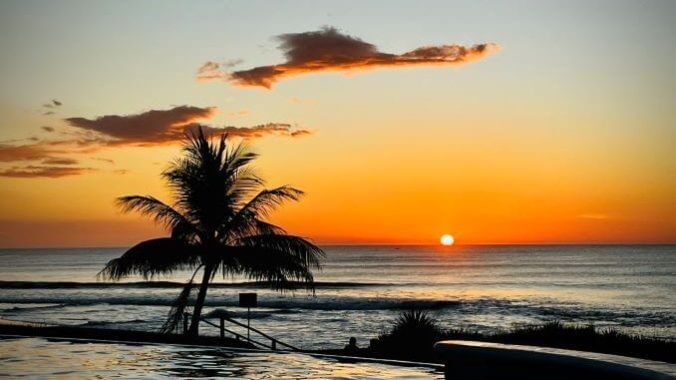Why You Should Consider Traveling to Nicaragua
Photo by Blake Snow
“Get Out There” is a column for itchy footed humans written by Paste contributor Blake Snow. Although different now, travel is still worthwhile—especially to these open borders.
Sometimes a country is more defined by what it doesn’t have than what it does. Nicaragua is one of those countries.
While it doesn’t have the shiny amenities, rave reputation, and tourism machine needed to attract a high volume of visitors, Nicaragua also doesn’t have the crowds, beaten paths, and routine experiences you’ll increasingly find elsewhere. Instead, it is refreshingly undeveloped. Because of this, Nicaragua is notably more affordable when compared to other Central American hot spots (including neighboring Costa Rica, which it definitely resembles).
And yet, Nicaragua has many things that visitors want. Empty beaches. Lush jungles. Beachfront resorts and golf courses. Pipeline surfing. Classic architecture. Memorable meals. True seclusion. Low cost. It also boasts active volcanoes that are surprisingly accessible and a rugged, simple vibe that can appeal to all but the most sophisticated traveler.
When it comes to tourism, Nicaragua is different (in a good way)
I knew I was landing somewhere special after seeing a freakin’ volcano from the plane while descending into Managua, the understated capital. When compared to trendier destinations, it was surreal to see huge beaches with rows of surf-able breaks and only one or two surfers in the water and a couple of beachgoers.
After a 40 minute drive from the airport, I saw and heard Masaya Volcano’s bubbling magma in the cauldron below—right from the parking lot! While driving another hour and a half west to my resort, I was struck by just how undeveloped this country actually is. Mostly jungle. Few buildings. And the ones you do see are noticeably humble by Western standards. It’s not surprising its tourism industry isn’t as built up as other countries, though, given the decades of revolution and civil war over the second half of the 20th century, and the massive earthquake that destroyed most of Managua in 1972.
After reaching the Pacific coast, I witnessed massive sunsets that I haven’t seen since Africa. I surfed Asuchillo Beach basically by myself. I enjoyed golf by the ocean and wondered what it would be like to vacation (if not live) here for an extended period.
Many people do. And I found a community of them keeping this overlooked country mostly to themselves.
My own private enclave
With so little development, there’s not a lot of overnight variety in Nicaragua beyond a scattering of bed and breakfasts. One accommodation stands out,though: the massive Gran Pacifica, which is the closest beach resort to the capital. With 3.5 miles of private beach, two terrific surf spots (for experts and beginners alike), two pools, and one 9-hole golf course, there’s a lot to like about the resort, which is arguably more of a community than a transient vacation spot.
-

-

-

-

-

-

-

-

-

-

-

-

-

-

-

-

-

-

-

-

-

-

-

-

-

-

-

-

-

-

-

-

-

-

-

-

-

-

-

-








































